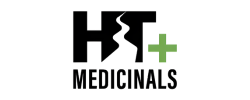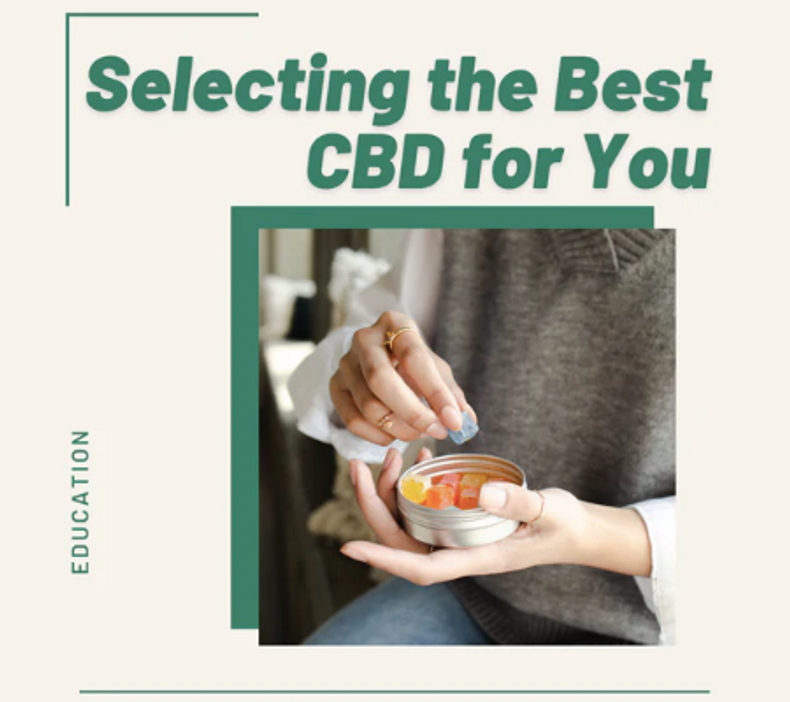
Spotting a Fraud & Selecting the Best CBD for You
Congratulations! If you read: What is a COA in the world of CBD,you’ll know how to spot a COA if you see one. More importantly, you know how vital a COA is when it comes to providing proof of what’s in the product and ultimately how to find the best CBD for you. What if, however, we told you that there are people out there faking COA’s? Scary thought right? We are here to help you spot a fraud but first, let’s talk about why someone would even want to do this.
Can COA's be Fake?
Because the hemp industry is still pretty unregulated, there is no one stopping people from falsifying information. People can do this for many reasons, the main one is simple: to make more money.
Increasing the percentage of a particular cannabinoid, like CBD, even by a point, will increase the worth of the product. We have seen people alter the THC content as well. Claiming there is far less THC than there really is, or none at all. Here are some things to be aware of when looking over a COA.
Things to Know When Searching For CBD
It's important to have a general understanding of cannabis to be able to interpret normal percentages and ratios of cannabinoids. For example, if a COA claims that there is 10-12% CBD in a strain of hemp flower and zero or a non-detect on THC, you should question it. There are no strains to date with that high of a percentage of CBD but no THC whatsoever. If you plan to be a regular consumer, it would be helpful review the cannabinoid profile of the various strains of hemp you enjoy.
Another issue that has presented itself in the world of CBD is something called the limit of quantification.
1. Limit of Quantification
The limit of quantification is a term that describes the lowest concentration that can be detected by the testing apparatus. For example, some labs can detect various cannabinoids down to .001% while other labs may have higher limits of quantification, say 2.0%. This means anything below this limit (2.0%) will deliver a result of being “undetected”. This is important to understand especially when it comes to the THC concentration in hemp, where the legal limit is 0.3%.
If the limit of quantification at a particular lab is 2.0%, THC in amounts higher than 0.3% but below 2.0% would be considered undetectable. This is a big problem because the THC concentration in your product could be above the legal limit. It could also really affect someone who is sensitive to THC or trying to avoid it altogether.
Most COA’s state the limit of quantification. If you see higher limits of quantification, go ahead and question that brand and ask them for more information. Let’s talk about other items to look for in a legitimate COA.
2. Photos Are Important
It seems minuscule, but something as simple as having a photo of the product on the COA can help validate. Not every COA will have a photo, but it’s a simple way to confirm that the photo matches the product that is being analyzed. If the photo of your product doesn’t match the photo on the COA, we have a problem Goose.
3. QR Codes
If there is a QR code, scan that puppy right away. If you can trace it back to the accredited lab listed on the COA. There is a high probability the COA in question is valid.
A COA is a Tool to Help You Find the Best CBD For You
COA’s are important documents from a third-party lab that tell us about the purity and composition of the product we are interested in, among many other details. Sometimes, people falsify information on COA’s to better their own interest in order to sell more of their product, and often the information is misleading. This is why it is so important to purchase CBD from a trusted source or use this post as a guide to spot and run from frauds.
We understand someone suffering from pain, anxiety, insomnia or seizures may not have time to do the research that’s why we have so much pride in the products we choose to carry and ultimately the people we help. We do the research for you, because it’s easy for brands to fool you in an unregulated world. We’re here for you if have questions about a particular product or its COA. We always want what’s best for you; our customers, and in our eyes that is education. We want to empower you to make an informed decision and to select the best CBD product for you; ultimately improving your health.
Happy Trails to the Rescue
At Happy Trails, we understand CBD in depth because CBD is what we do. We desire to educate; so that as a consumer, you can invest in a product that will work and one you’ll feel really good about purchasing. At the end of your journey, we hope to celebrate healing with you!
Sources
[1] Bennett, Theresa. “How To Pick Out Fraudulent and Misleading COAs: Q&A with Kia Mikesh of Adams Independent Testing.” Hemp Grower, Hemp Grower, 8 May 2020, www.hempgrower.com/article/how-to-pick-out-fraudulent-false-misleading-coas-hemp/.

